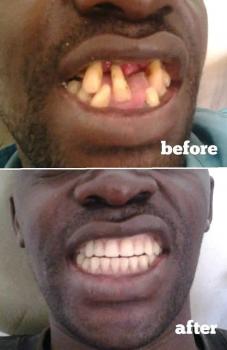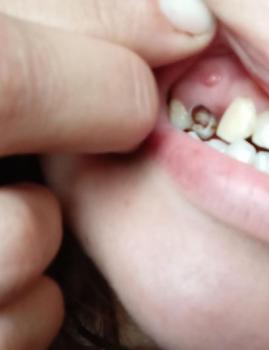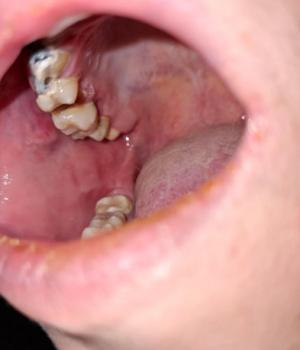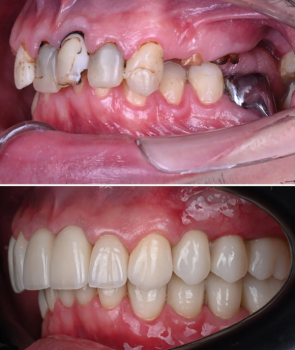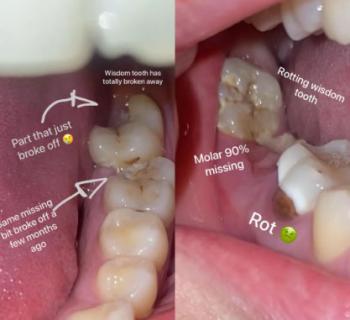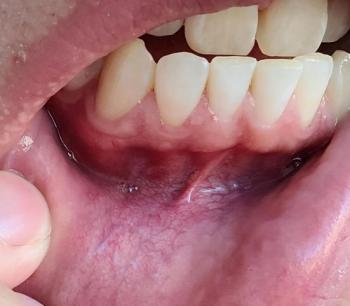Dentures That Feel Natural, Look Beautiful.
Cavities Cause Heart Disease, Experts Warn - Here’s How (And How to Stop It)
Language :
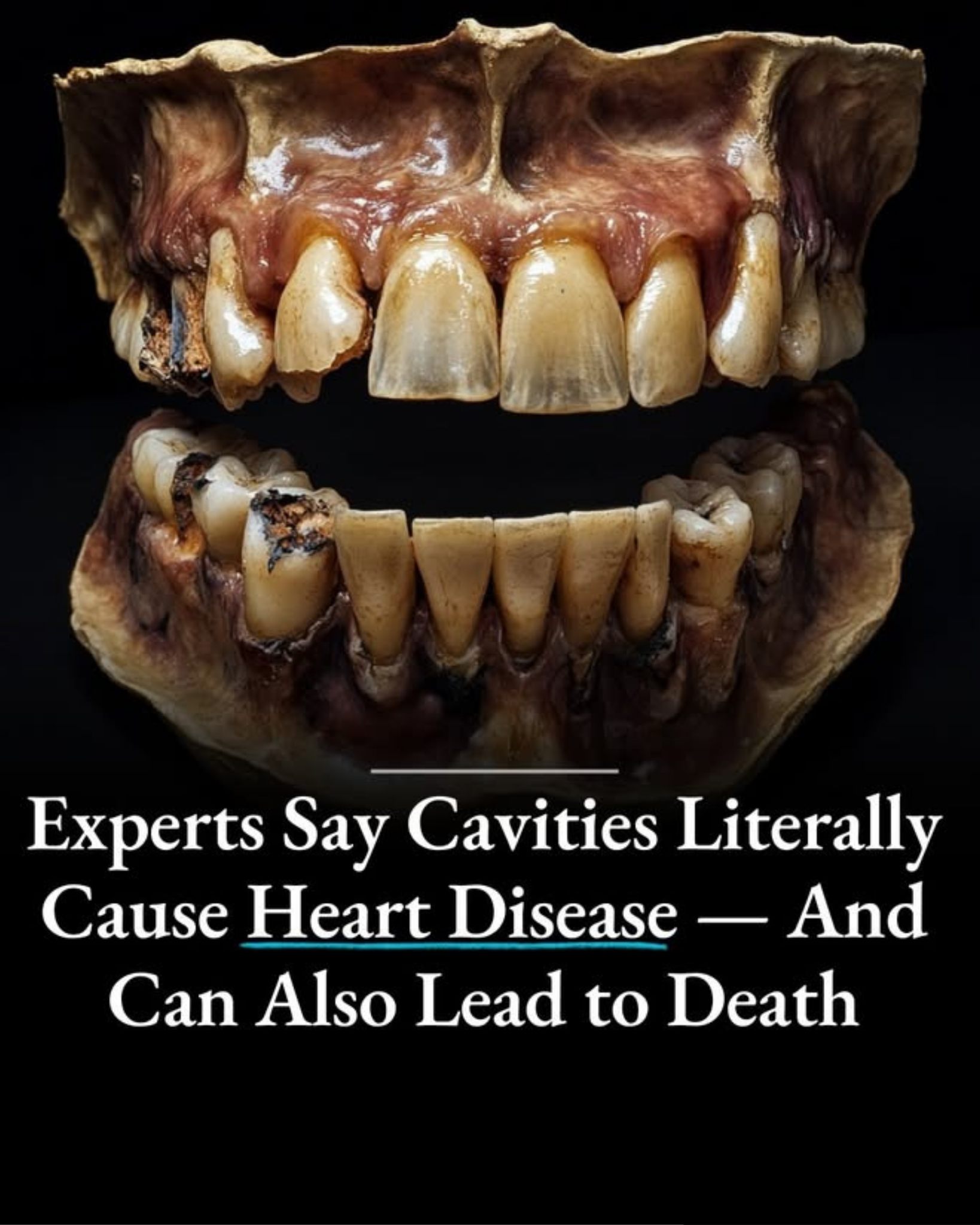
Experts Say Cavities Literally Cause Heart Disease — And Can Also Lead to Death
The Shocking Link Between Dental Health and Heart Disease
Most of us know that poor oral hygiene leads to cavities, gum disease, and bad breath. But what if we told you that untreated cavities could also trigger heart disease—and even death?
Recent research reveals a startling connection between dental caries (cavities) and cardiovascular disease (CVD), the world’s leading cause of death. A 2023 scoping review analyzing 24 studies (cross-sectional, case-control, and cohort studies) found that dental infections and chronic oral inflammation significantly increase the risk of heart disease.
But how exactly does a cavity lead to a heart attack? Let’s break it down step by step.
Step-by-Step: How Cavities Trigger Heart Disease
1. Bacterial Invasion
Cavities are caused by harmful bacteria (like Streptococcus mutans) that erode tooth enamel. If left untreated, these bacteria penetrate deeper into the tooth and gums, entering the bloodstream.
2. Systemic Inflammation
Once in the blood, oral bacteria trigger an immune response, releasing inflammatory mediators like C-reactive protein (CRP) and interleukins. Chronic inflammation damages blood vessels, a key factor in atherosclerosis (hardening of the arteries).
3. Endothelial Dysfunction
The inner lining of blood vessels (endothelium) becomes damaged due to persistent bacterial toxins and inflammation. This dysfunction is a precursor to plaque buildup in arteries.
4. Atherosclerosis & Plaque Formation
Inflammation accelerates the deposition of cholesterol and fats in arterial walls, forming plaques. These plaques can rupture, leading to blood clots, heart attacks, or strokes.
5. Increased Risk of Heart Attack & Stroke
Studies suggest that oral pathogens like Porphyromonas gingivalis (linked to gum disease) have been found in atherosclerotic plaques, directly implicating oral bacteria in heart disease progression.
Critical Analysis: Why Isn’t This Common Knowledge?
Despite strong evidence, the oral-systemic health connection is often overlooked because:
-
Dentistry and cardiology are siloed—doctors and dentists rarely collaborate on patient care.
-
Symptoms are delayed—it takes years for poor oral health to manifest as heart disease.
-
Public awareness is low—most people don’t associate brushing with heart attack prevention.
However, the American Heart Association (AHA) acknowledges that chronic infections, including oral infections, contribute to cardiovascular risk.
Expert Advice: How to Protect Your Heart by Protecting Your Teeth
1. Brush & Floss Like Your Life Depends on It (Because It Does)
-
Brush twice daily with fluoride toothpaste.
-
Floss to remove plaque between teeth.
2. Get Regular Dental Checkups
-
Early cavity detection prevents bacterial spread.
-
Professional cleanings reduce oral inflammation.
3. Manage Risk Factors
-
Control diabetes, hypertension, and smoking—all linked to both cavities and heart disease.
-
Eat a low-sugar, anti-inflammatory diet (rich in omega-3s, leafy greens).
4. Consider Antibacterial Mouthwash (With Caution)
-
Some studies suggest chlorhexidine mouthwash reduces harmful bacteria, but long-term use may disrupt oral microbiome balance.
5. Advocate for Integrated Healthcare
-
Push for medical-dental collaboration—doctors should ask about oral health, and dentists should screen for CVD risks.
Final Verdict: Can a Cavity Really Kill You?
Yes—indirectly, but significantly. While cavities alone may not be the sole cause of heart disease, they contribute to systemic inflammation, accelerating cardiovascular damage. Ignoring dental health is a silent risk factor for heart attacks.
Key Takeaway:
Your mouth is a window to your overall health. Preventing cavities isn’t just about saving your teeth—it’s about saving your heart.
Sources:
-
Scoping Review on Dental Caries & CVD (2023) – PubMed, Scopus, ProQuest
-
American Heart Association (AHA) – Oral Health & Cardiovascular Disease
-
Journal of Clinical Periodontology – Oral Bacteria in Atherosclerotic Plaques
Stay informed. Stay healthy. And for heaven’s sake—floss!

